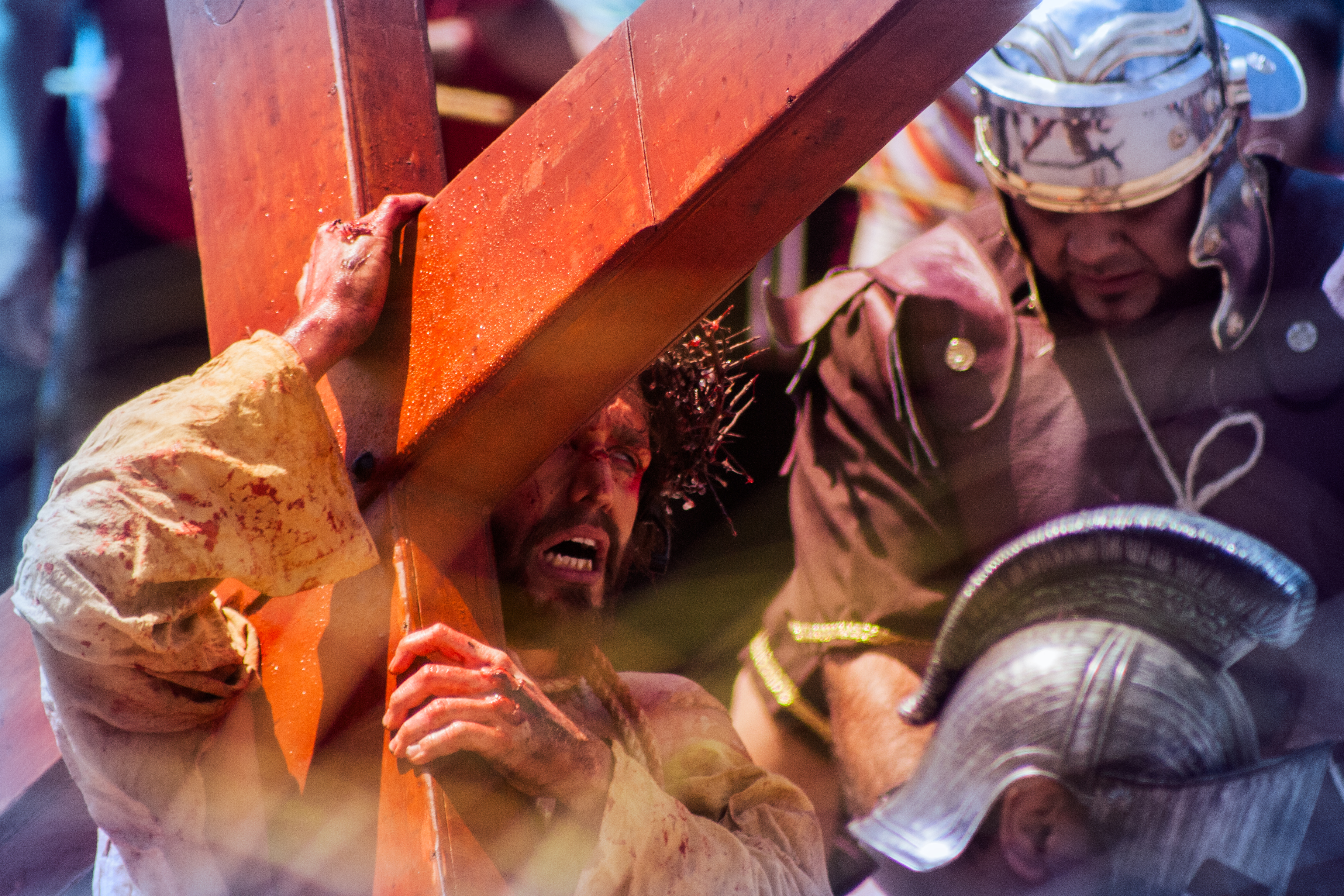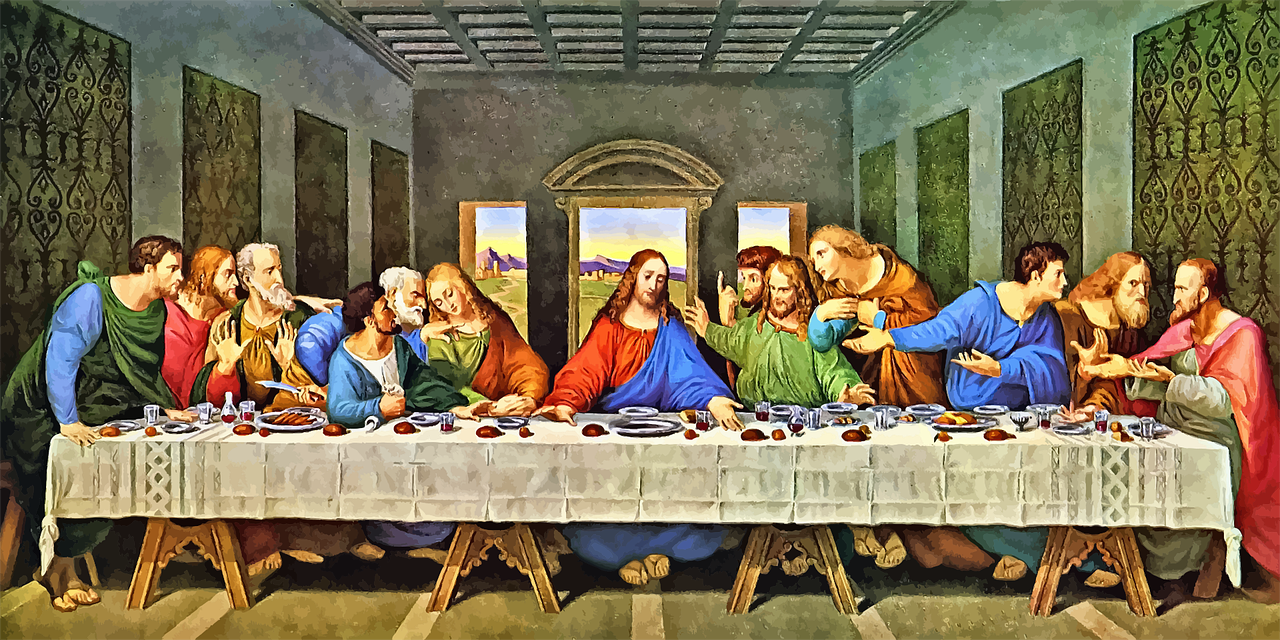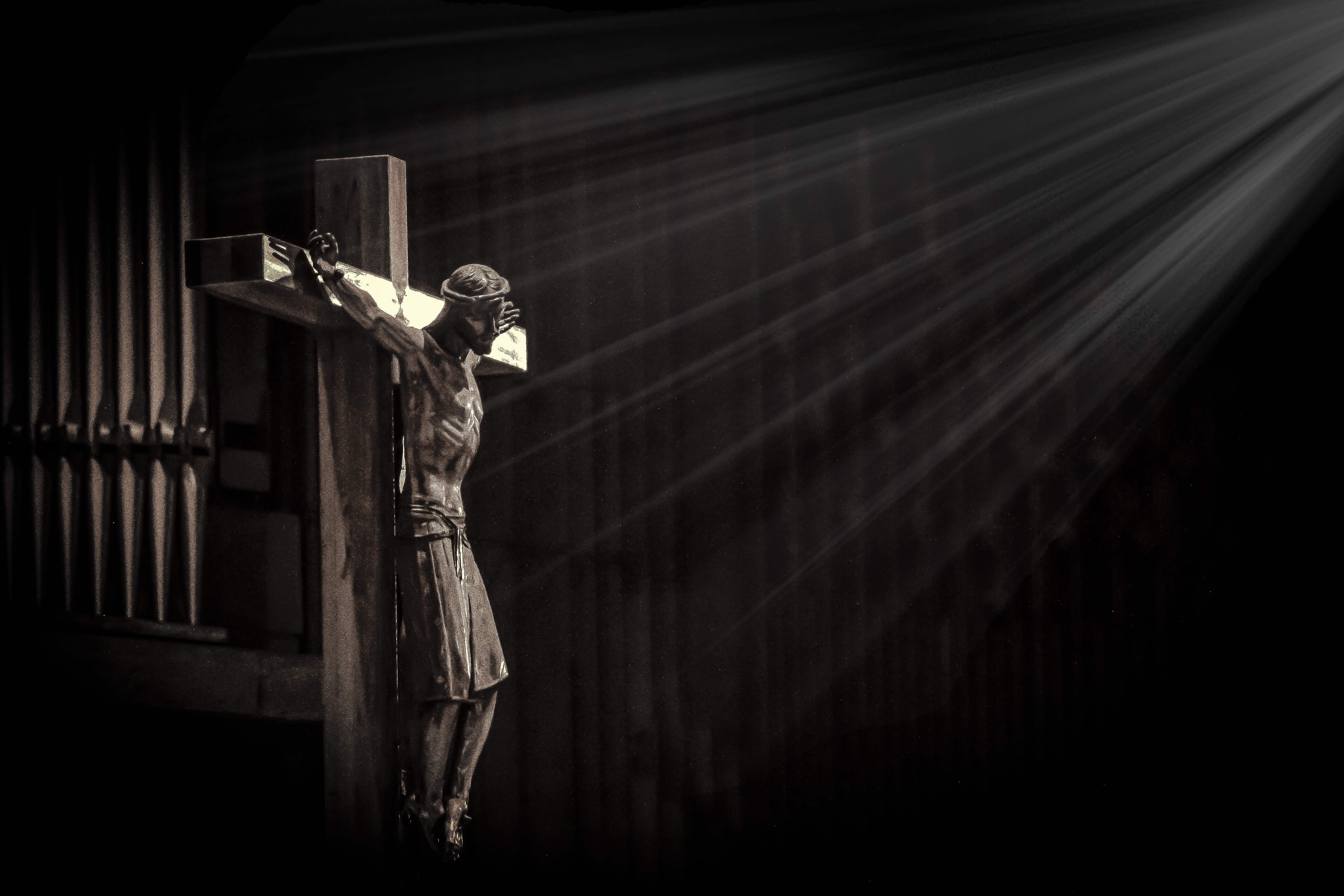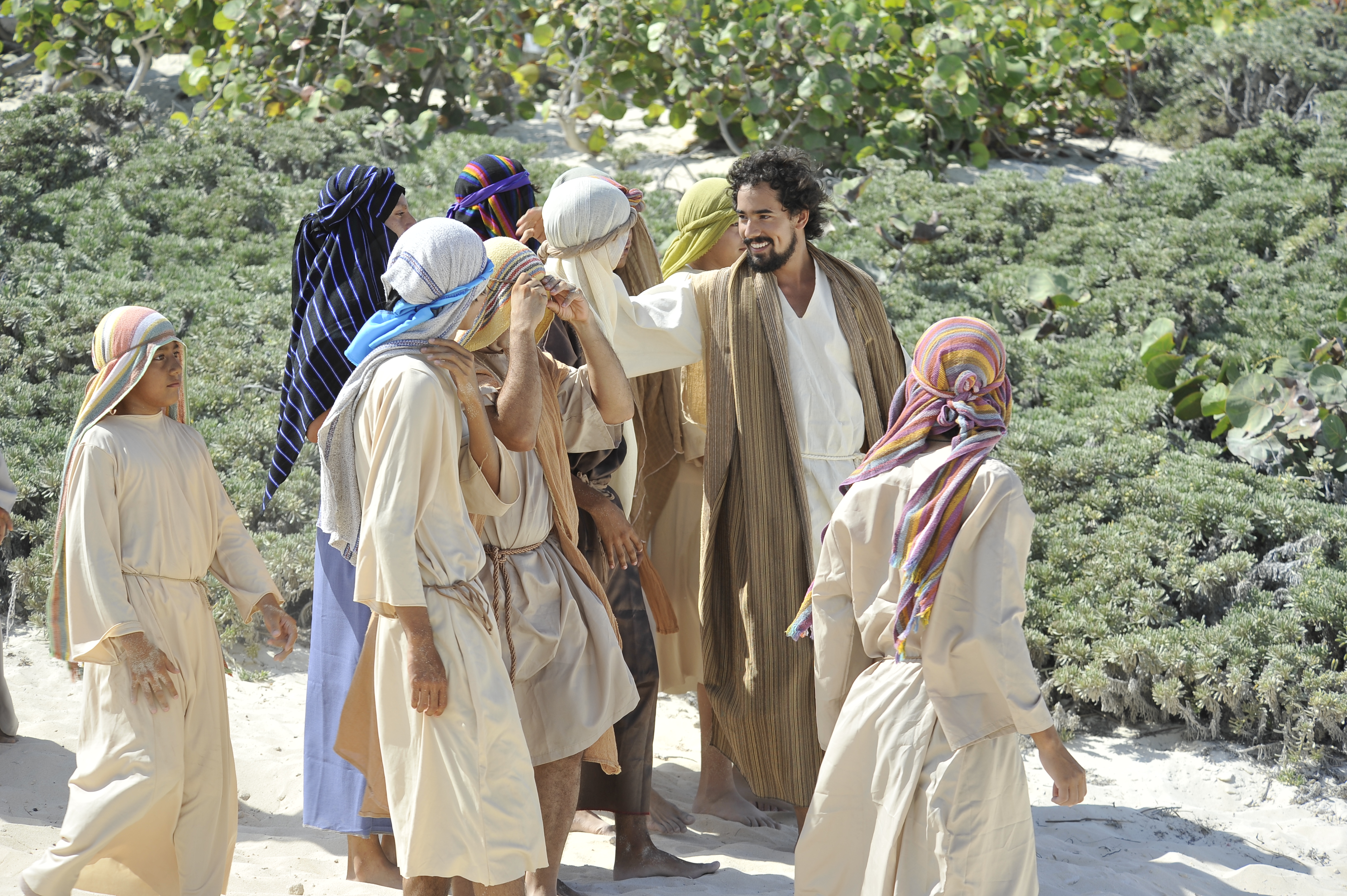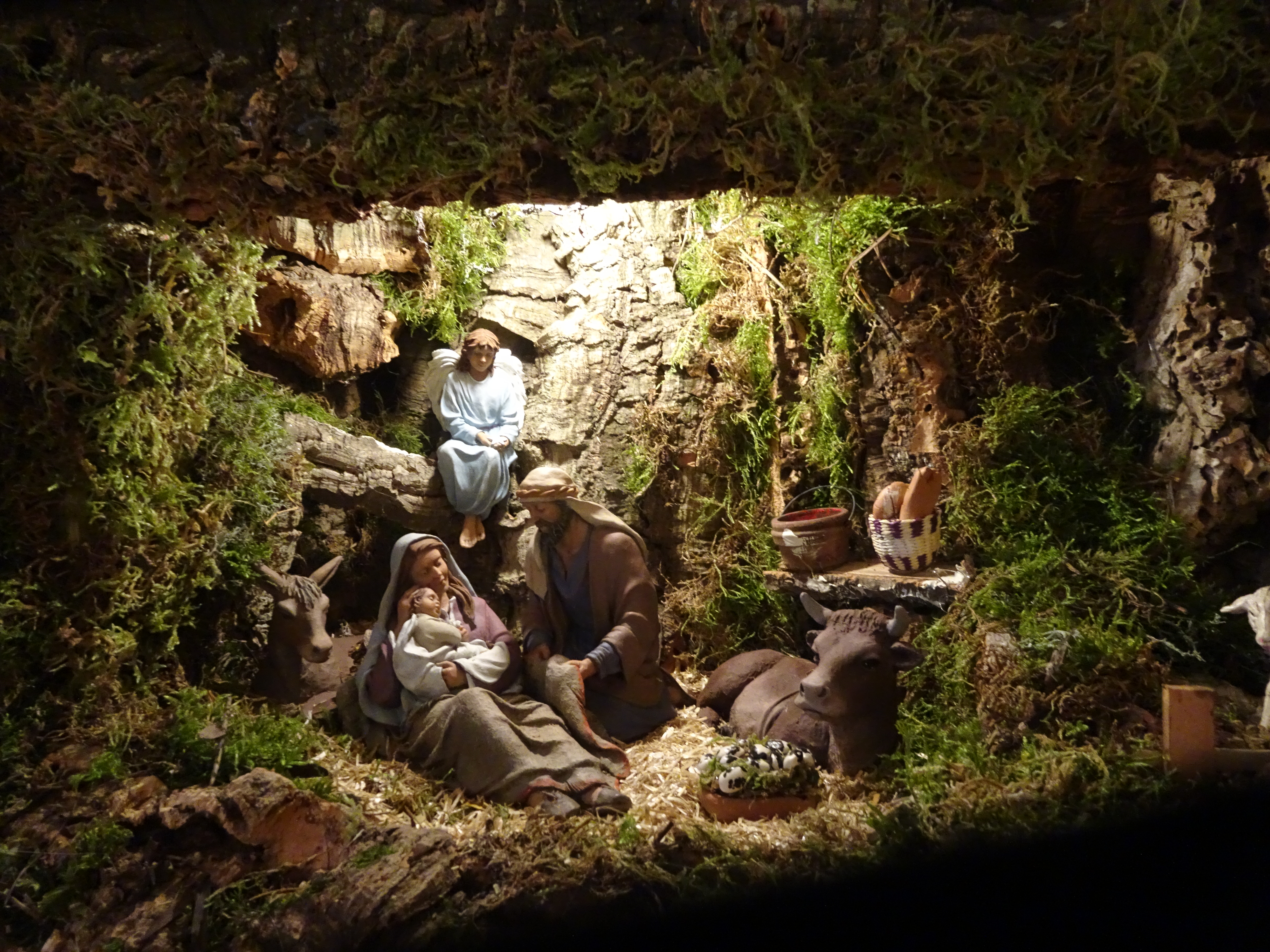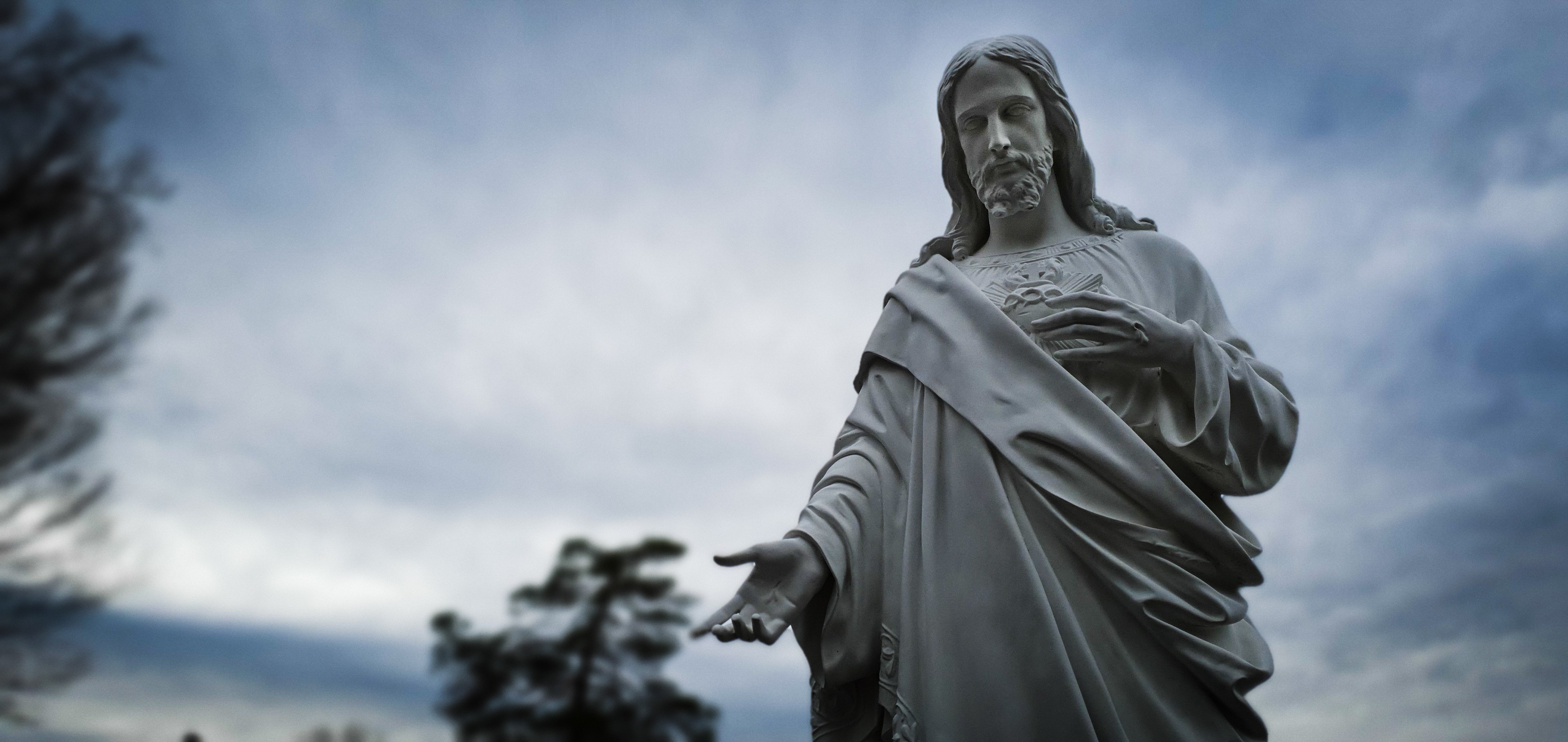Today in the Gospel of Matthew we not only read about one of the most faithful men in the Bible, but we read about one of the most devastating events in the Bible. First we hear about St. Joseph’s obedience, and then we remember the Holy Innocents.
St. Joseph was not just the foster father of Christ; he was the faithful husband who took care of Mary when she was expecting Baby Jesus. He supported Mary throughout her pregnancy and through Jesus’ birth. He protected Mary and Jesus when King Herod sought to kill Him. And we can assume that he taught Jesus carpentry and served as a valuable role model for how a father and husband should treat his family. Although we never hear any spoken words of St. Joseph in the Bible, we can discern from his actions that he was obedient, loving, kind, and generous. We know that he was the very epitome of what a father and husband should be.
The Holy Innocents were baby boys under the age of two whom King Herod ordered to be killed after he learned that Baby Jesus was born. Herod felt so threatened by Jesus that he couldn’t stand to let any baby boy within that age range continue to live. This infanticide still shocks and saddens us today.
These two men show us both love and the antithesis of love. Joseph was a compassionate father who cared for his family. Herod was a king who should have had the best interests of his people at heart, but who, in a horrible display of hatred, ordered the slaughter of the innocents.
Though some estimates offer higher numbers, today’s estimates say that about 14,000 babies were killed. Regardless of the actual number, we know that all of those children were senselessly and needlessly killed. The grief the parents felt must have been crushing.
As we think about this model father and these lost babies today, let us reflect on the fathers in our lives, the kind of father we want for our children, and the kind of father you are if you are a father. Let us also think about the holy innocents of our day—the 2,900 babies killed every day in the US through abortion. Let us pray for their souls, for their mothers and fathers, and for the souls of everyone involved in the abortion industry.
Herod is alive and well in abortion clinics today, but we have the power to help stop this modern-day slaughter of the innocents. And so we need the intercession of St. Joseph to pray for families, to give strength to fathers, and to protect all babies who are in danger of abortion. St. Joseph, pray for us!
Hoy, en el Evangelio de Mateo, no solo leemos acerca de uno de los hombres más fieles de la Biblia, sino también acerca de uno de los eventos más devastadores de la Biblia. Primero escuchamos acerca de la obediencia de San José, y luego recordamos a los Santos Inocentes.
San José no solo fue el padre adoptivo de Cristo; fue el esposo fiel que cuidó de María cuando estaba esperando al Niño Jesús. Apoyó a María durante su embarazo y durante el nacimiento de Jesús. Protegió a María y a Jesús cuando el rey Herodes intentó matarlo. Y podemos asumir que le enseñó a Jesús carpintería y sirvió como un valioso modelo a seguir de cómo un padre y esposo debe tratar a su familia. Aunque nunca escuchamos ninguna palabra hablada de San José en la Biblia, podemos discernir de sus acciones que era obediente, amoroso, amable y generoso. Sabemos que él era el epítome mismo de lo que un padre y esposo debe ser.
Los Santos Inocentes eran niños varones menores de dos años que el rey Herodes ordenó matar después de enterarse de que había nacido el Niño Jesús. Herodes se sintió tan amenazado por Jesús que no podía soportar que ningún niño de esa edad siguiera con vida. Este infanticidio todavía nos conmociona y entristece hoy.
Estos dos hombres nos muestran tanto el amor como la antítesis del amor. José era un padre compasivo que se preocupaba por su familia. Herodes era un rey que debería haber tenido en el corazón los mejores intereses de su pueblo, pero que, en una horrible muestra de odio, ordenó la matanza de los inocentes.
Aunque algunas estimaciones ofrecen cifras más altas, las estimaciones actuales indican que se mató a unos 14.000 bebés. Independientemente de la cifra real, sabemos que todos esos niños fueron asesinados sin sentido ni necesidad. El dolor que sintieron los padres debe haber sido devastante.
Al pensar en este padre modelo y en estos bebés perdidos hoy, reflexionemos sobre los padres en nuestras vidas, el tipo de padre que queremos para nuestros hijos y el tipo de padre que eres si eres padre. Pensemos también en los santos inocentes de nuestros días: los 2.900 bebés que mueren cada día en Estados Unidos a causa del aborto. Oremos por sus almas, por sus madres y padres, y por las almas de todos los que participan en la industria del aborto.
Hoy Herodes sigue vivo en las clínicas de abortos, pero tenemos el poder de ayudar a detener esta matanza moderna de inocentes. Por eso necesitamos la intercesión de San José para orar por las familias, para dar fuerza a los padres y para proteger a todos los bebés que corren peligro de ser abortados. ¡San José, ruega por nosotros!
 Susan Ciancio has a BA in psychology and a BA in sociology from the University of Notre Dame, with an MA in liberal studies from Indiana University. For the past 19 years, she has worked as a professional editor and writer, editing both fiction and nonfiction books, magazine articles, blogs, educational lessons, professional materials and website content. Thirteen of those years have been in the pro-life sector. Currently Susan freelances and writes weekly for HLI, edits for American Life League, and is the executive editor of Celebrate Life Magazine. She also serves as executive editor for the Culture of Life Studies Program—an educational nonprofit program for K-12 students. You can reach her at slochner0.wixsite.com/website.
Susan Ciancio has a BA in psychology and a BA in sociology from the University of Notre Dame, with an MA in liberal studies from Indiana University. For the past 19 years, she has worked as a professional editor and writer, editing both fiction and nonfiction books, magazine articles, blogs, educational lessons, professional materials and website content. Thirteen of those years have been in the pro-life sector. Currently Susan freelances and writes weekly for HLI, edits for American Life League, and is the executive editor of Celebrate Life Magazine. She also serves as executive editor for the Culture of Life Studies Program—an educational nonprofit program for K-12 students. You can reach her at slochner0.wixsite.com/website.
Feature Image Credit: Joshua Taylor, unsplash.com/photos/a-close-up-of-a-person-holding-a-baby-IFJeki_f9_4



